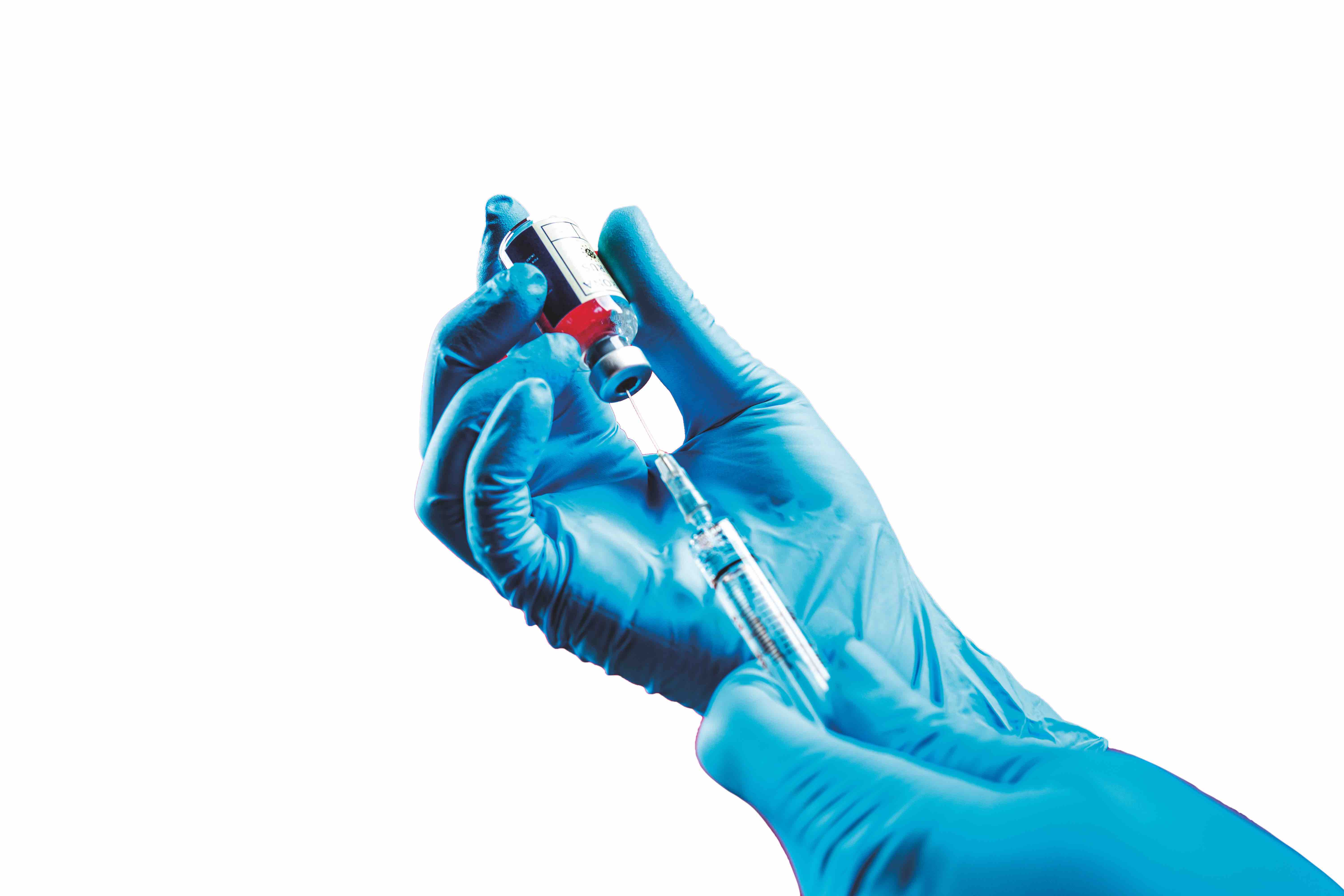
Hundreds of patients are having their voices and coughs recorded as part of a global project using Artificial Intelligence to detect minute changes caused by Covid.
“AI is really good at pattern recognition and feature extraction. So, we are asking if it could be tuned to spot something a human ear or eye could not,” Professor Derek O’Keefe said.
A cough is present in about 80% of Covid patients.
Prof O’Keefe floated the AI idea in March after joining a global digital health panel, working with Harvard University and MIT, on Covid response. A colleague latched on to the AI idea immediately as he had already begun analysing broadcast recordings of CNN reporters who had gone off air with suspected Covid.
He was testing whether inaudible changes in reporters’ voices could be detected in the weeks prior to illness. Professor O’Keefe said: “Rather than using blood or another sample as a biomarker, we are looking to use speech. It is non-invasive. It is capturing breath and voice noises digitally.”
Thanks to an SFI rapid response grant of €125,649, hundreds of patients in Galway and Boston are due to have their speech and coughs recorded. Patients recite a nursery rhyme and record it using a tablet device to characterise speech pattern. They also record a cough. Spontaneous speech and coughing is also captured over one hour.
Professor O’Keefe is being supported in the project by Dr Andrew Simpkin, Statistics Lecturer in NUI Galway.